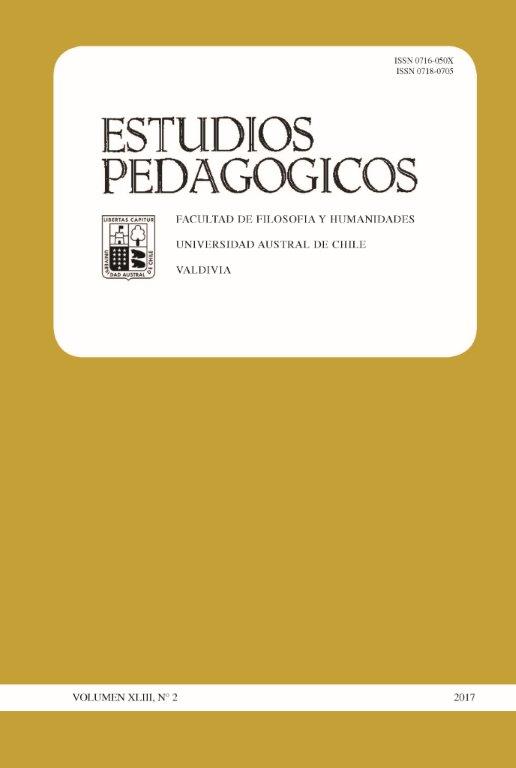How do teachers exercise authority in secondary schools in Chile?
Main Article Content
Abstract
The objective of this study is to characterize the ways in which teachers exercise authority, and to examine the relationship between types of authority and students’ socioeconomic status (SES). Classes from 18 secondary teachers, who had been previously recognized by their students as exhibiting more authority than other teachers, were observed. Requests from the teachers, their topics, and the strategies used to accomplish students accepting the request were analyzed; the study uses qualitative techniques and statistical descriptions. Results show the existence of three types of pedagogical authority: ‘Explicit authority’, highly directive and focused on academic contents; ‘shared authority’, in which the teacher shares power with the students, focused as well in academic contents; and ‘moral authority’, highly directive and focused on the moral guidance of students. The first and the third one are especially manifested in low SES, while the second is often seen more in middle and low SES.

